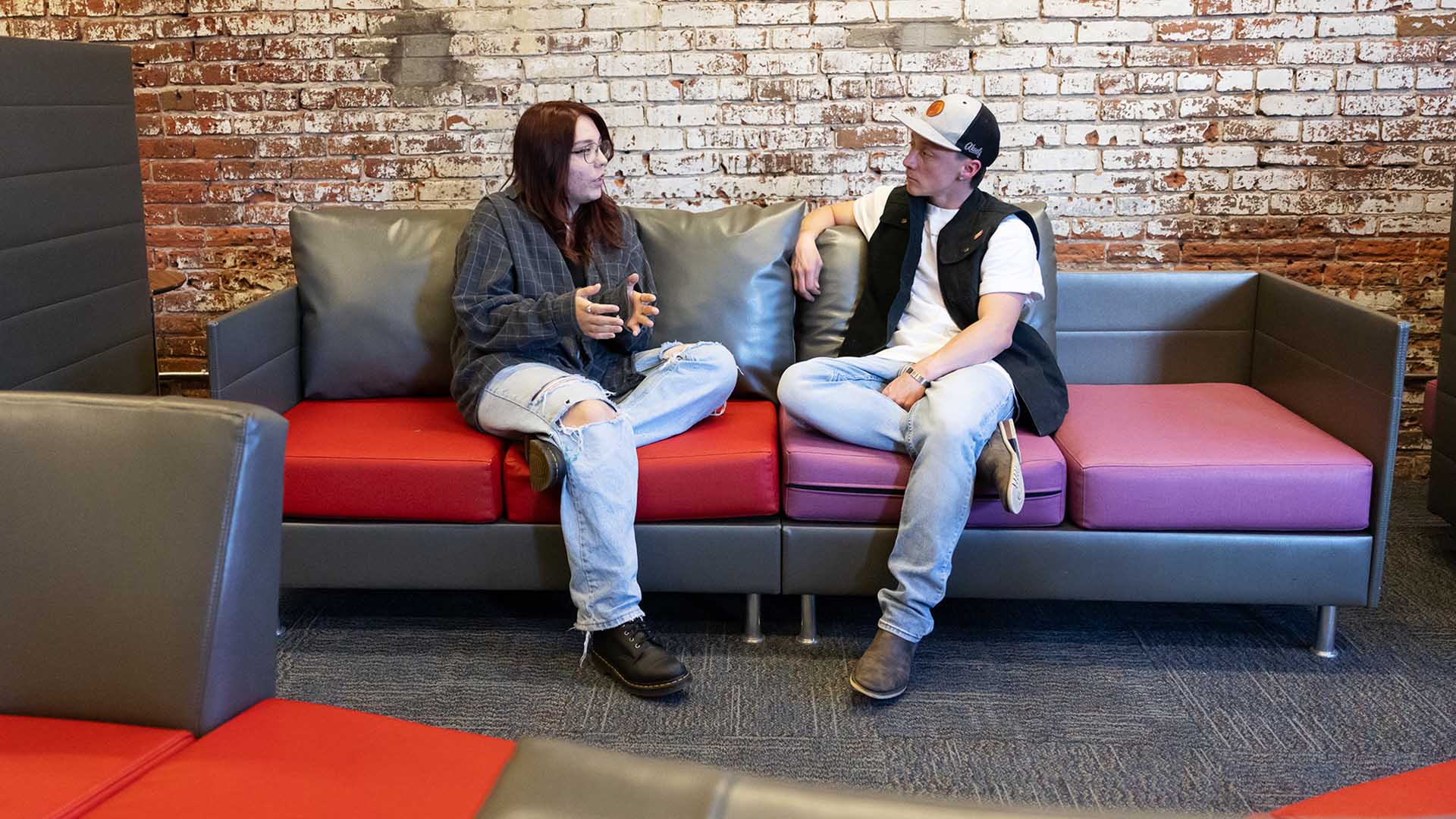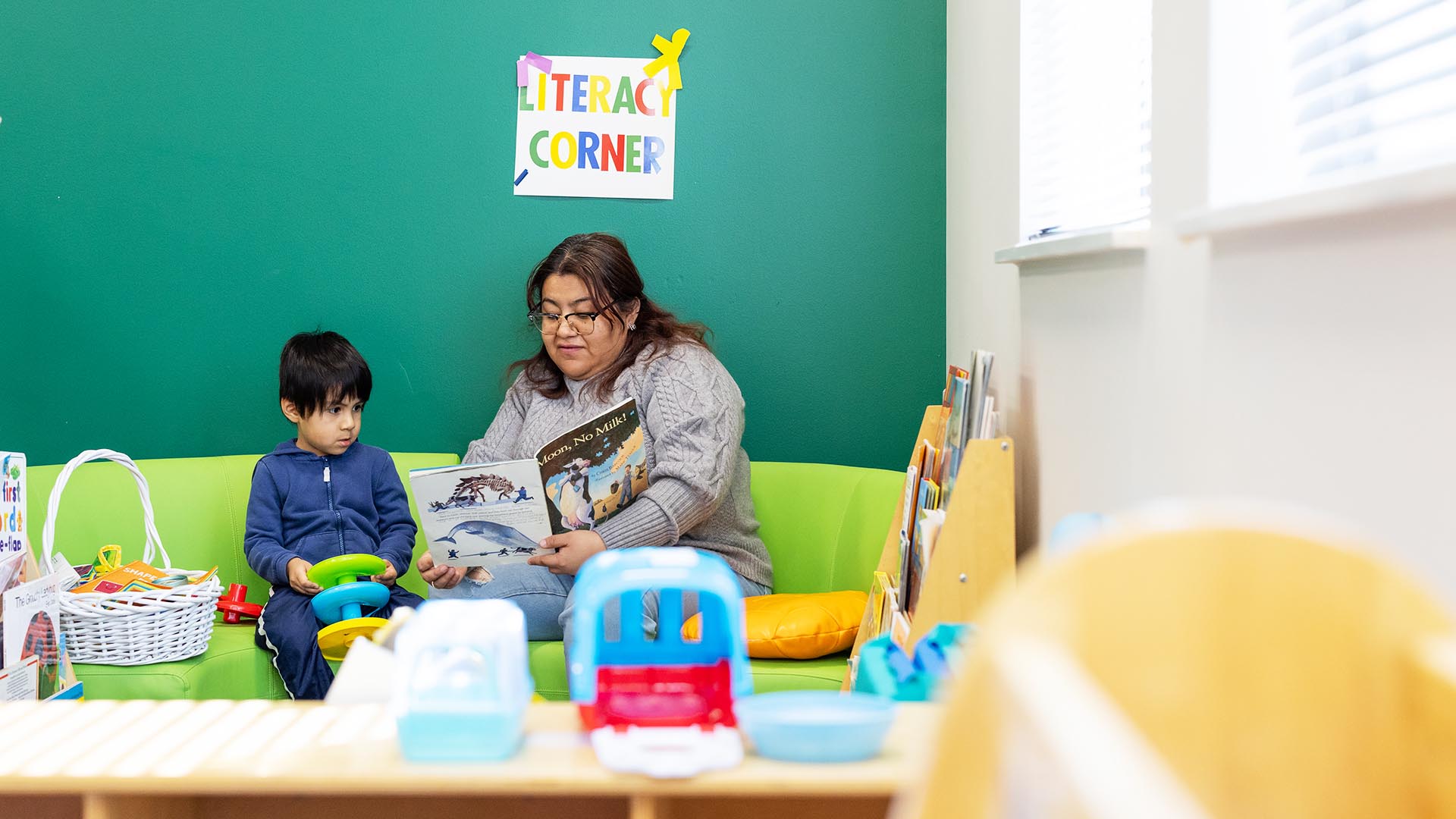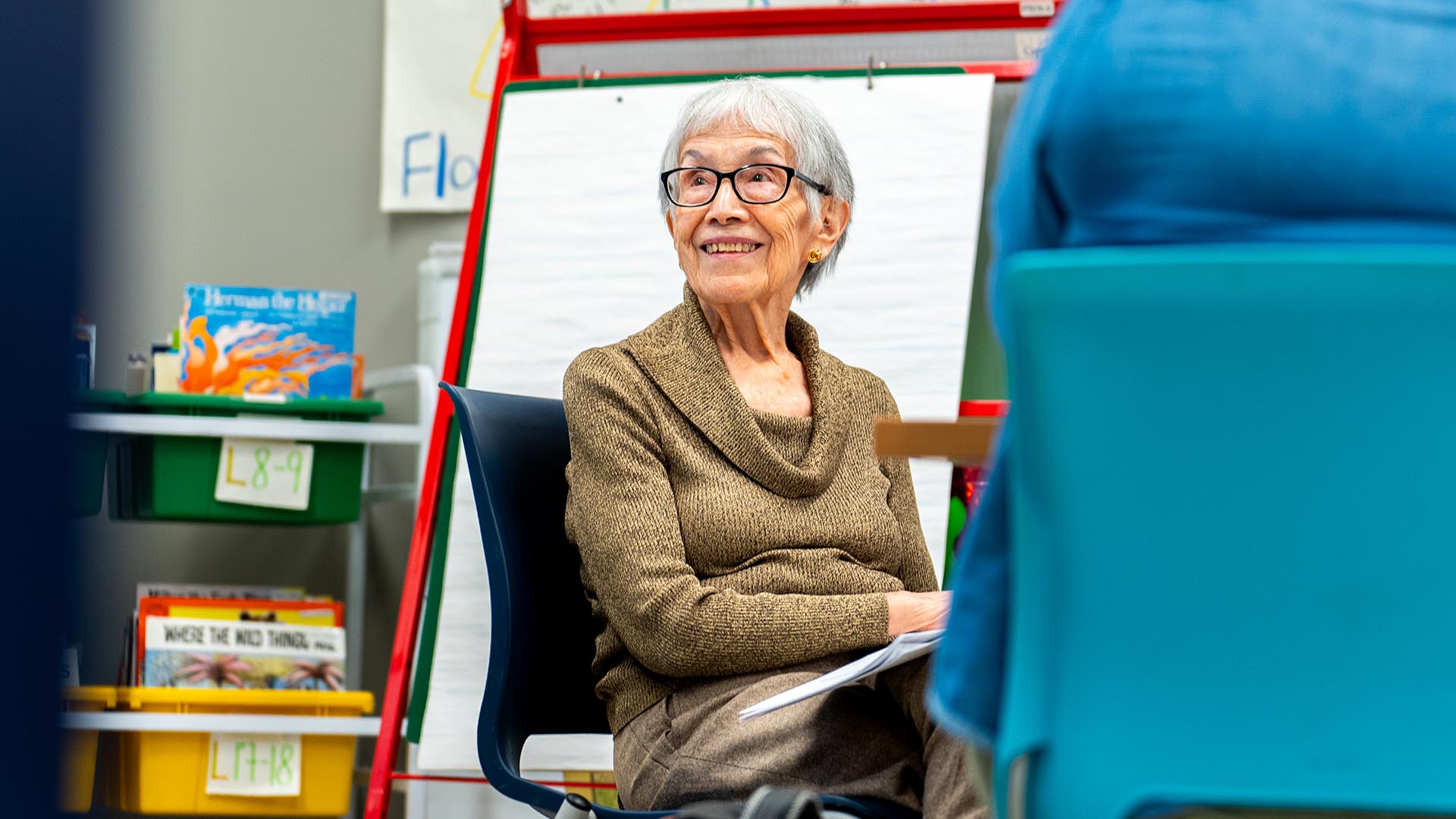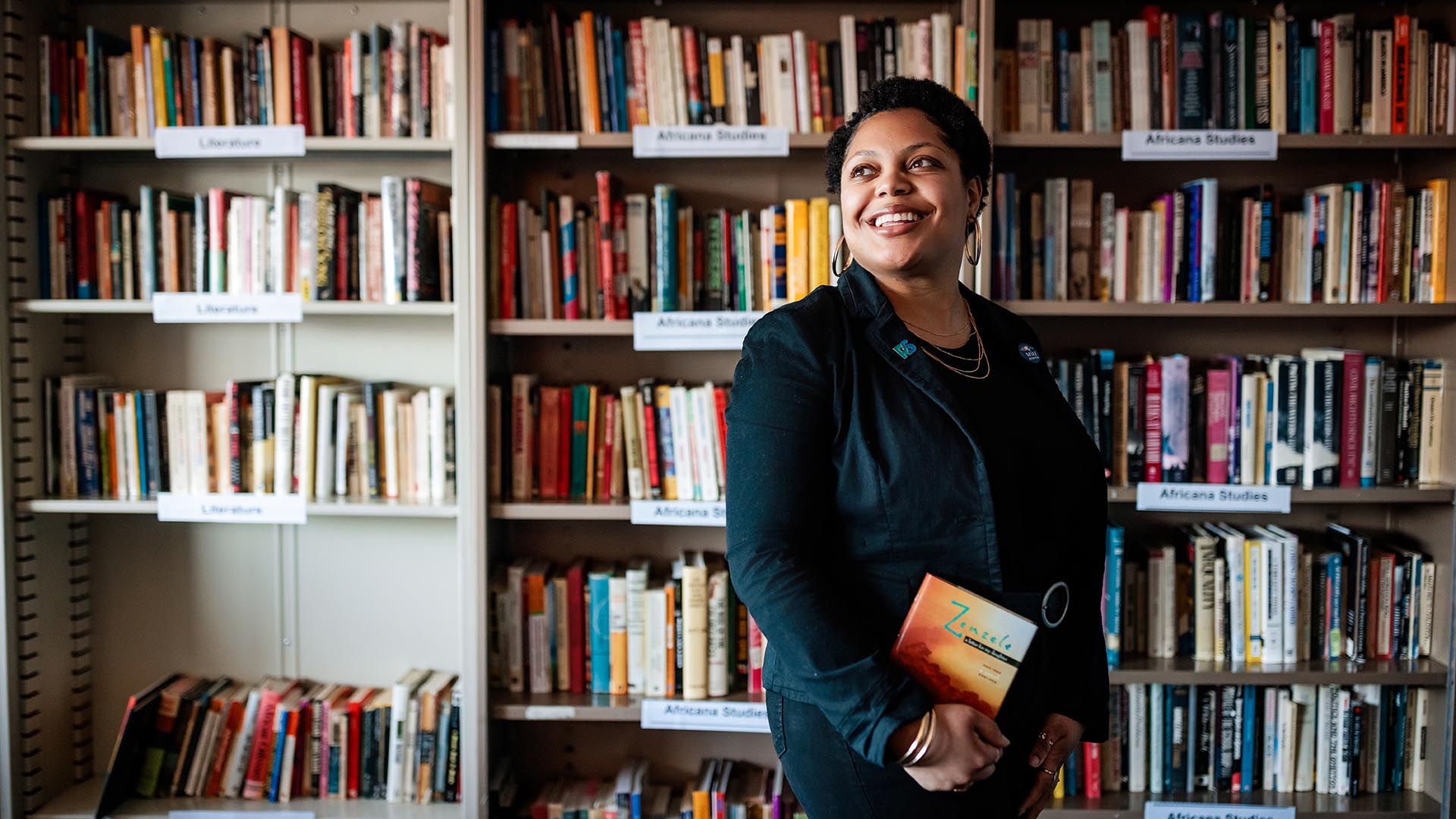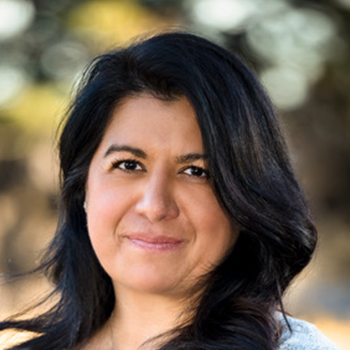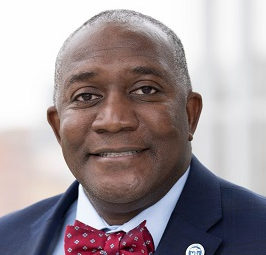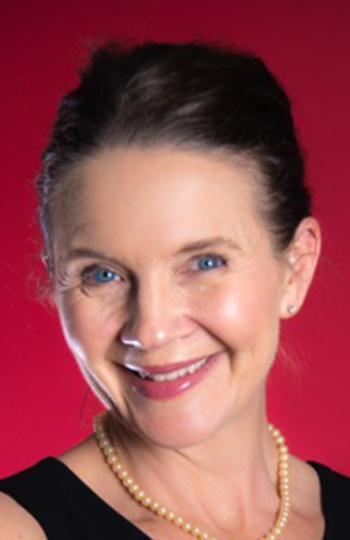COVID-19 forces the Class of 2020 to remap higher-education plans
MSU Denver is fitting into the reimagined futures of recent high school grads.
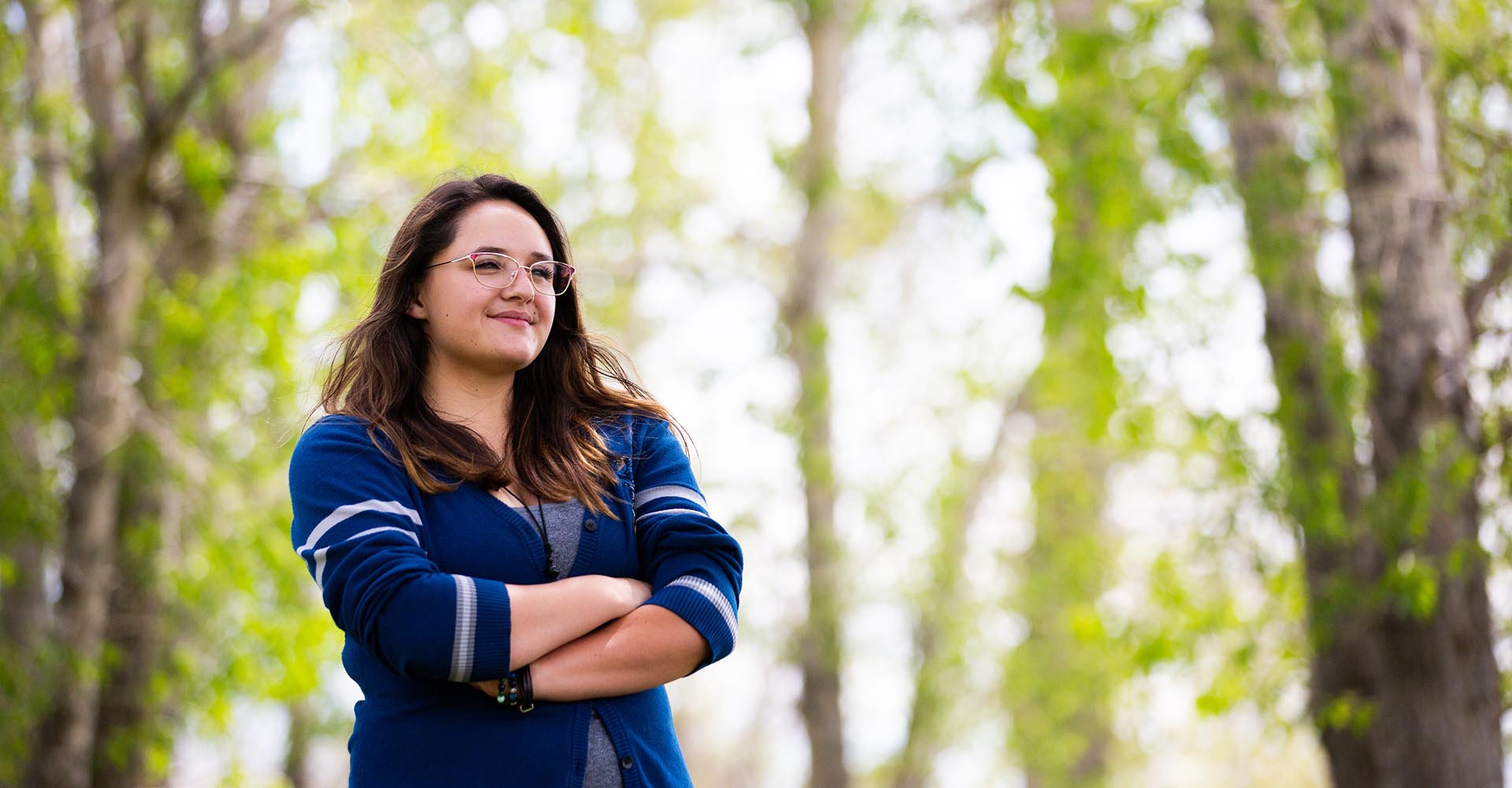
Lauren Smith, a graduating high school senior from Centennial, had her sights set on North Carolina A&T University in Greensboro. She had earned an academic scholarship and was looking forward to her first semester this fall.
“I had this extravagant 10- to 15-year goal,” Smith said. “I wanted my master’s, my Ph.D., I wanted it all.”
But her plans changed when COVID-19 upended everything.
“It seems like some universities don’t know what their plan is for people to come back to campus or if it would be online learning in your own home,” she said. “I decided, alongside my parents, that it would be best for me to stay in Colorado for one year.”
The plans of countless high school graduates are changing as a result of the coronavirus pandemic. Many students like Smith are taking another look at their college plans and, in some cases, choosing alternate paths.
A recent report from Hanover Research cites common reasons that enrolled students may not return in the fall, including changed financial or family circumstances due to the COVID-19 crisis. And while 44% plan to return to their current institution in the fall, many are considering alternatives such as transferring to a less-expensive school (16%), pausing studies (15%) or transferring to a university or college closer to home (15%).

A pandemic predicament
The uncertainty over the duration of the COVID-19 pandemic and the timeline for recovery has permeated campuses nationwide, including at Metropolitan State University of Denver.
President Janine Davidson, Ph.D., announced Tuesday that for the fall semester, the University will institute a tiered system, with some courses taking place on campus with stringent physical distancing in effect while others will remain online.
In fact, the Hanover Research report indicates that 74% of universities and colleges have closed campuses and moved all in-person classes online. Yet only 42% of current college students (ages 18-30 currently enrolled at higher-education institutions in the U.S.) feel their school has been effective at moving courses online, and over three-quarters of students say they are less motivated to study for online courses in general.
This spring has been chaotic for students and higher education in general, acknowledged Vaughn Toland, executive director of Admissions and Outreach at MSU Denver.
“I think generally students are trying to see what’s going to happen,” he said. “I know a lot of students are concerned about fall classes. Are they going to be online? Are they going to be on campus? What is that going to look like?”
While the answers may not yet be clear, the MSU Denver admissions team has been working since March to roll out virtual engagement opportunities that didn’t previously exist. For instance, a new “Focus Forward” campaign has introduced virtual one-on-one appointments with admissions counselors, virtual student panels, an “Ask Admissions” Facebook page and Instagram Live sessions staffed by student employees, all to connect with new students more easily during Colorado’s Safer at Home guidance.
In many ways, the University’s core offerings haven’t changed. MSU Denver still requires no enrollment deposit and has a midsummer decision deadline, giving students flexibility if their plans change. MSU Denver also offers some of the lowest tuition rates among Colorado’s four-year public universities, and most students receive some type of financial assistance.
“That’s why a lot of students will choose us in the first place,” Toland said. “But now with everything else going on and unemployment skyrocketing, people are even more cost-conscious than previously so.”
Since MSU Denver student applications are active for three semesters, students accepted for the fall still have time to enroll without having to reapply, he said.
“That’ll give it more time for the situation, hopefully, to resolve,” Toland said. But that’s not necessarily new for the University: “We always have a fair number of students defer a semester or two.”
Especially with a large adult transfer population, it’s common that their plans change or their life changes.
Smith is one such student. For the coming academic year, she is choosing to attend MSU Denver. Why? It’s close to home and less hassle than moving across the country, she said.
“I (will) be just down the road from home,” she said. “And if they were going to be doing online classes, it is going to be for a reasonable price and I wouldn’t have to worry about different time zones.”
While she was unable to defer her enrollment at North Carolina A&T, she made sure any credits she earned from MSU Denver would transfer there down the line, should she be able to transfer. “(MSU Denver) lines up with (North Carolina A&T) perfectly,” she said. “So I was able to say to them, ‘Hey, I still want to come. … Maybe in a year or two?’ (The coronavirus pandemic) just shifted my plans – that’s all.”
Two who made the change
Cala Everhart, pictured above, is another high school senior adjusting to a change of plans. After graduating from Eagle Ridge Academy in Brighton, she originally intended to enroll at the University of Colorado Colorado Springs.
As a result of conversations with her teachers, she said, her plans shifted just before her high school shut down for COVID-19.
“A number of my teachers went (to MSU Denver), and they all have really great educations,” Everhart said. “I thought that it would just be a better fit for me.”
A visit to the Auraria Campus during an MSU Denver open house this year solidified her change of heart.
Still, Everhart’s plans to move into a student housing community on the Auraria Campus fell through when her work options dwindled.
“I was planning to save up money and work at the new Texas Roadhouse in Brighton,” she said. But like so many other restaurants affected by COVID-19, the restaurant moved to takeout only. “I haven’t been able to work for a while.”
Even while facing uncertainty, Everhart said she’s still excited about attending MSU Denver. However, she said, she’ll be a little disappointed if her classes are all online in the fall.
“But also, I think it would be a good opportunity if anything ever happens like this in the future,” Everhart said. “Like, I did it once; I can do it again.”
Another prospective student knows about life changes all too well. Jorge “George” Gonzalez, 33, joined the Marines a year after high school, spending four years in active service and four years in inactive Ready Reserves. When he found out about the educational opportunities open to him through the GI Bill, the Texas resident decided it was time to seriously look at getting a college degree.
He has been thinking about enrolling in college since 2012, but he found roadblocks at every turn. Gonzalez has a degenerative disc disease that affects his spine and two grade-school daughters to think about. But when a friend told him about MSU Denver, he decided it was time to move his family to Colorado and start down a new path.
“As a Marine, we’ve been taught to weigh our options,” he said. “So I’ve been shopping around a lot (for colleges in Texas and Colorado). I went online on the (MSU Denver) website and just started reading. The more I read, the more intrigued I became. And what really sold it was (the University’s) help with veterans as far as getting back into education.”
Smith and Everhart are also looking forward to starting their college careers. Smith hopes to be able to physically go to class, “building new friendships, connections with professors, or making those pathways to figuring out the rest of your life,” she said.
“I do think that my plans definitely did change because of COVID-19,” Smith said. “But I am kind of appreciative of the changes that I had to make because now I have a whole ’nother year to spend with my family.”

